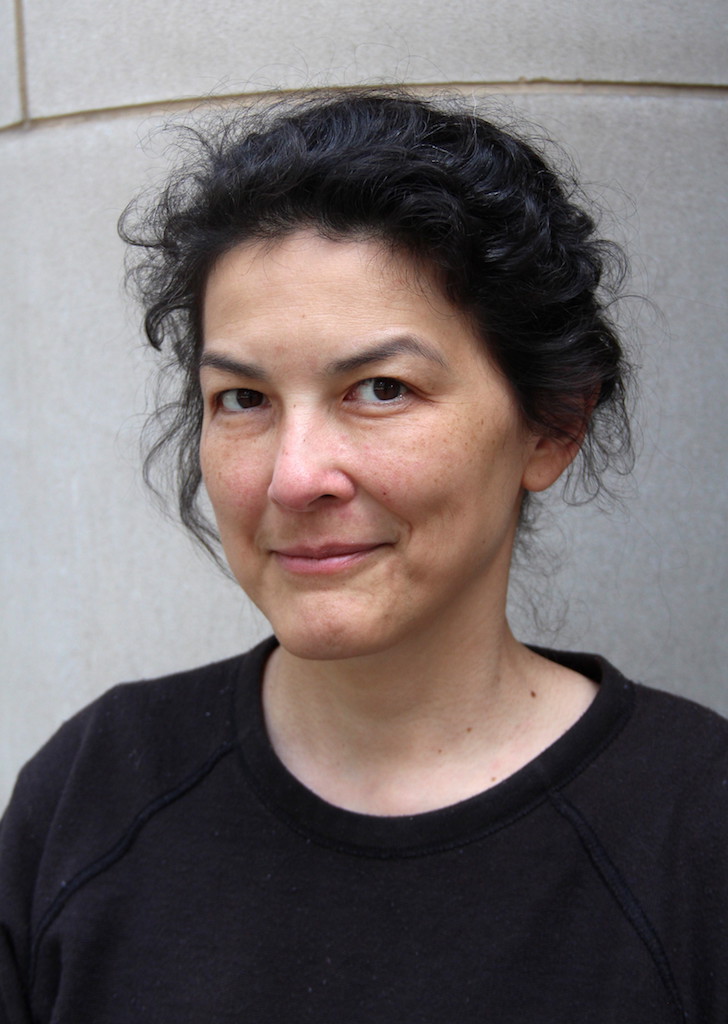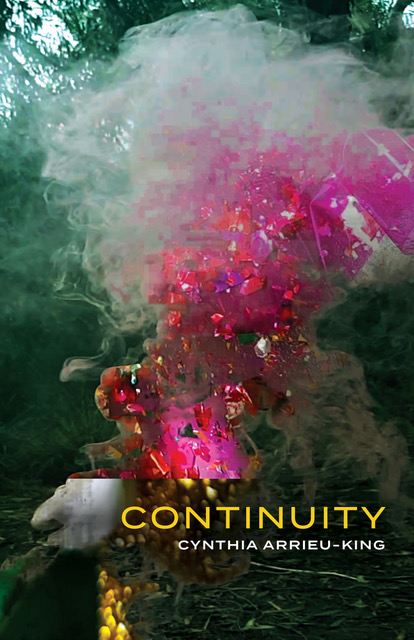“Cynthia Arrieu-King’s beautiful new book manages to feel written on the occasion of both a birth and a death, and perhaps it means to remind us that the passage of time necessitates both, as it brims with energy and elegy at once. I love the urge and pull of her richly textured language, her vision of what sorrow can teach us, her poem-as-jeweled-time-travelling-mausoleum, a place where we keep both our beloveds and our own past selves. Elegy doesn’t resurrect, but in Continuity it does teach, distill, unveil. It folds time. Thus it reaches for, thus it does reach. 'They keep / saying your place / isn’t a room, but / a kind of paragraph.' Yes. Here. My gratitude to this poet for showing me new languages for feelings I thought I knew.”
—Wendy Xu
"In Cynthia Arrieu-King’s Continuity, one moment follows the breath of the next, and on and on. The gorgeous mixes with the ugly in the skein of time, each moment bound by the question of what substance fuels the forward movement of the next: genetics, destiny, mere momentum? If King’s Futureless Language pondered the destruction of the earth and therefore the end of human language, its sequel Continuity struggles with time’s passage in the shadow of the knowledge that we are already continually experiencing a kind of end, over and over. King asks, 'Who wipes the rag across the dust, polishing the story when History can’t handle the // needle of the actual.' Family members float in and out of the frame, each member a fractured piece of destiny that mirrors history’s great contradictions and divergences: the urge to reproduce oneself, the urge to annihilate the other, the urge to endure time, the urge to disappear. Here as elsewhere, King’s poems are sonically soft and visually holographic, sensorially pleasurable and richly melancholy. They glean beauty where there is little transcendence: 'Night will fall without rapture, us breathing despite everything, // marrow reverberating // faith riding a dot.'"
—Laura Jaramillo





